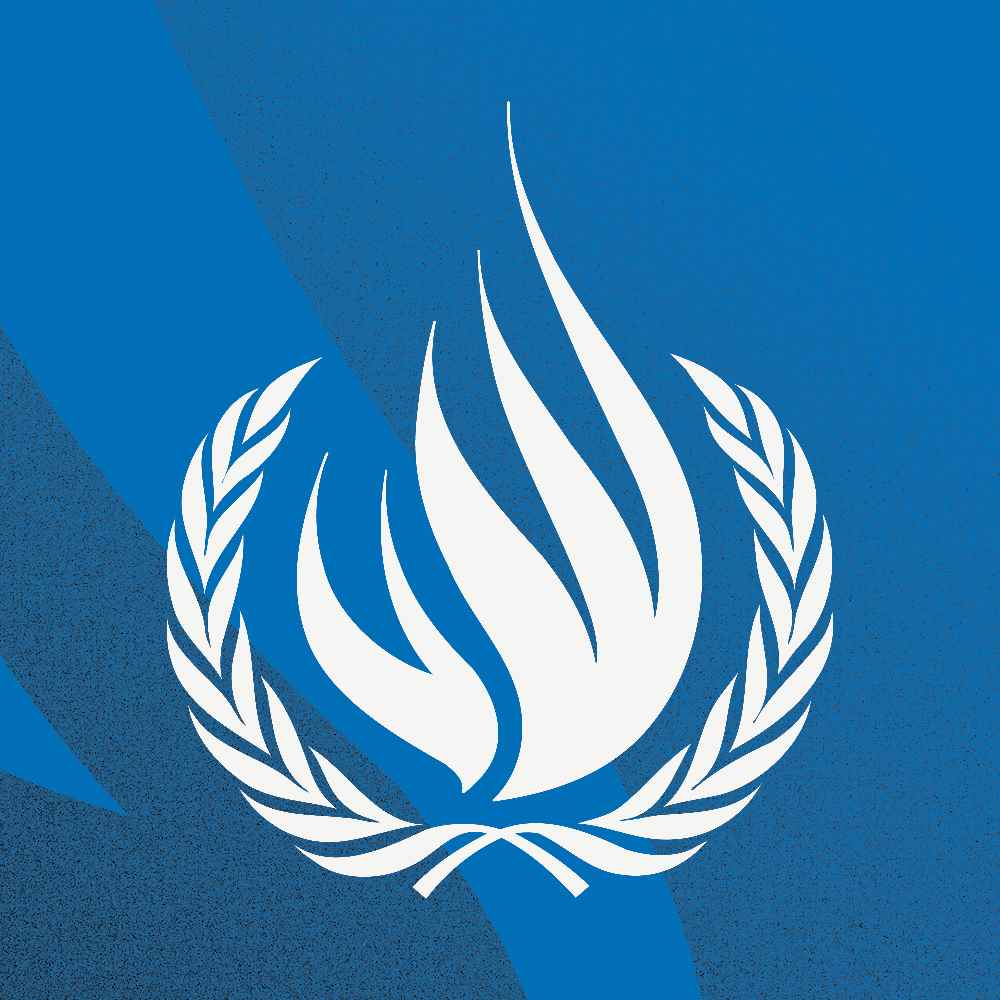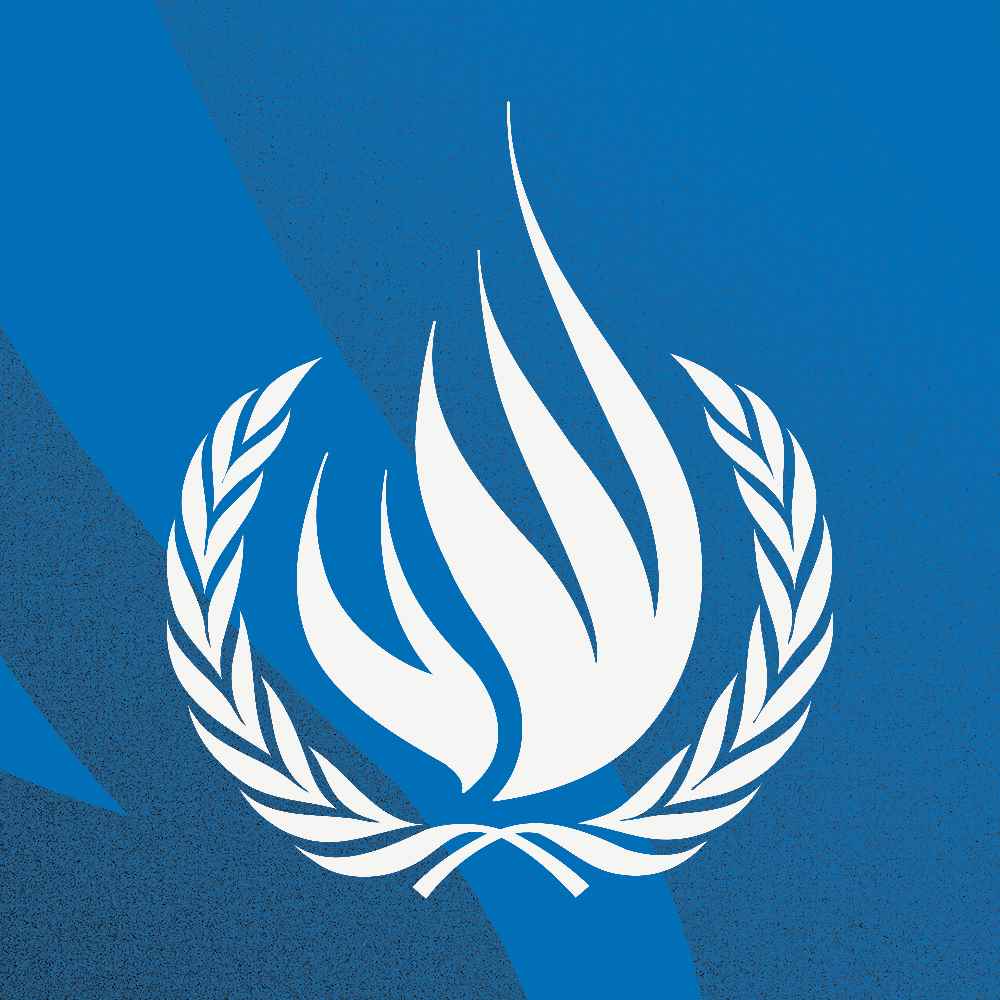
GENEVA (8 February 2024) - The UN Child Rights Committee (CRC) today issued its findings on Bulgaria, Congo, Lithuania, the Russian Federation, Senegal and South Africa, after reviewing the six States parties during its latest session.
The findings contain the Committee"s main concerns and recommendations on implementing the Child Rights Convention as well as positive aspects. Key highlights include:
Bulgaria
The Committee noted the reduced infant mortality rates, the deinstitutionalisation policy and measures to address child poverty in Bulgaria. The Committee, however, expressed concern about the high dropout and absenteeism rates, poor quality of education and disparities in educational attainment and outcomes for children in disadvantaged situations. It recommended that Bulgaria improve education quality at all levels, address inequities in educational outcomes, and address the underlying reasons for school dropout.
Concerning the lack of progress in reforming the child justice system, the Committee recommended that Bulgaria expedite the reform, ensuring that children under the minimum age of criminal responsibility are not subject to punitive measures and phasing out correctional boarding schools.
Lithuania
While welcoming the amendments in the Law on Fundamentals of Protection of the Rights of the Child prohibiting all forms of violence against children, including corporal punishment, the Committee remained concerned by the persistence of attitudinal acceptance of this practice within the families and communities. It recommended that Lithuania strengthen awareness-raising campaigns about the harmful impact of violence on children’s physical and psychological well-being.
Regarding its concerns over adolescent health in the country, the Committee called for Lithuania to decriminalise abortion in all circumstances and ensure, in law and practice, that adolescents have access to safe abortion and post-abortion care services, and that their views are always heard and duly considered in decision-making processes.
Congo
The Committee welcomed the setting up of the Children’s Parliament in Congo and the ratification of the Hague Convention on the Protection of Children and Cooperation with respect to Intercountry Adoption. The Committee, on the other hand, was concerned that a large number of children were not being registered at birth. The Committee asked the State party to abolish all unofficial fees for birth registration, expand access to registration, extend the deadline, and raise awareness of the importance of registration.
The Committee was concerned that children under the age of 16 engaged in economic activity despite this being prohibited by the Constitution. The Committee notably raised alarms about children working in hazardous industries such as artisanal gold mining, quarries, and garbage- and landfill-sorting sites. It called on Congo to enforce the constitutional age limit on the employment of children and eliminate child labour in artisanal mining, quarries, garbage- and landfill-sorting sites and other forms of child labour.
The Russian Federation
The Committee took note of the Decree of the President of the Russian Federation declaring 2018-2027 as the Decade of Childhood and of the related Government orders approving main activities within the framework.
The Committee, however, was concerned about reports of persecution of children for expressing political opinions that were not in line with the State party’s position. The Committee was also disturbed by the March 2022 Law introducing administrative and criminal liability for “discrediting the Russian army”. The Committee urged the Russian Federation to end the persecution of children for expressing their views, in particular regarding the political situation. It also called on the State party to ensure that no child is arrested, charged with criminal or administrative offences, or sentenced for expressing such views.
The Committee raised alarms about the ruling party’s interference in the education process and the systematic State propaganda in schools about the war on Ukraine, including the new history textbook, introduction of the new school subject “Conversation about important things”, and new training manual for teachers conveying the Government’s position on the war in Ukraine. Calling for an end to the politicisation and militarisation of schools, the Committee urged the Russian Federation to ensure that education is aimed at preparing children for responsible lives in a free society in the spirit of understanding, peace, tolerance, gender equality, and friendship among all peoples. It also asked the State party to prevent any attempts to re-write school curricula and textbooks to reflect the political and military agenda of the Government.
Senegal
The Committee noted Senegal’s initiative for inclusive education and education for all. The Committee, on the other hand, remained concerned about the high number of girls who are still subject to female genital mutilation. The Committee also voiced its concern over the lack of effective measures to raise the legal age of marriage to 18 and to eliminate child marriages. It asked Senegal to take active measures to abolish female genital mutilation and strictly enforce laws to protect girls from such practices. It urged Senegal to take all steps to eliminate child marriages, including developing awareness-raising campaigns and programmes on the harmful effects of early marriage on the physical and mental health of girls and establishing protection schemes for child victims of forced marriage who file a complaint.
The Committee was disturbed by the high number of teenage pregnancies and the prohibition and criminalisation of abortion. It called on Senegal to ensure that all children and adolescents, including those out of school and in rural areas, receive sexual and reproductive health information and services, including access to contraceptives. It also asked Senegal to develop and implement a policy to protect the rights of pregnant teenagers, adolescent mothers and their children and combat discrimination against them. The Committee also called for the decriminalisation of abortion in all circumstances, especially among victims of incest and rape, and to ensure access to safe abortion and post-abortion care services for adolescent girls.
South Africa
The Committee welcomed the raise of criminal responsibility to 12 years of age, the operationalisation of the Child Protection Register, and the setting up of child-friendly rooms in courts and police stations. The Committee, however, was concerned about the high prevalence of violence against children, particularly sexual exploitation and abuse, domestic violence, attacks against children with albinism and manifestations of child sexual exploitation and abuse online. It called on the State party to strengthen measures to eradicate all forms of violence against children and address the root causes. The Committee further asked South Africa to strengthen its professional capacity and software tools to detect and investigate online sexual exploitation and abuse of children.
The Committee raised concerns about the mortality of newborns, infants and children under five from preventable diseases and the high rates of child hunger, undernutrition and malnutrition. It urged South Africa to introduce a comprehensive early healthcare system for newborns and young children. It also asked the State party to address child hunger through the social assistance programme and health service. South Africa was also advised to address the underlying causes of undernutrition, malnutrition, stunting and obesity and strengthen preventive measures, such as improving school food and nutrition.
The above findings, officially known as Concluding Observations, are now available on the session webpage.
For more information and media requests in Geneva, please contact:
Vivian Kwok at vivian.kwok@un.org
UN Human Rights Office Media Section at ohchr-media@un.org
Background:
The Committee on the Rights of the Child monitors States parties" adherence to the Convention on the Rights of the Child and its Optional Protocols on involvement of children in armed conflict, and on sale of children, child prostitution and child pornography. The Convention to date has 196 States parties. The Committee is made up of 18 members who are independent human rights experts drawn from around the world, who serve in their personal capacity and not as representatives of States parties.
Learn more with our videos on the Treaty Body system and on the Child Rights Committee!
Follow the UN Treaty Bodies on social media!
We are on Twitter @UNTreatyBodies








